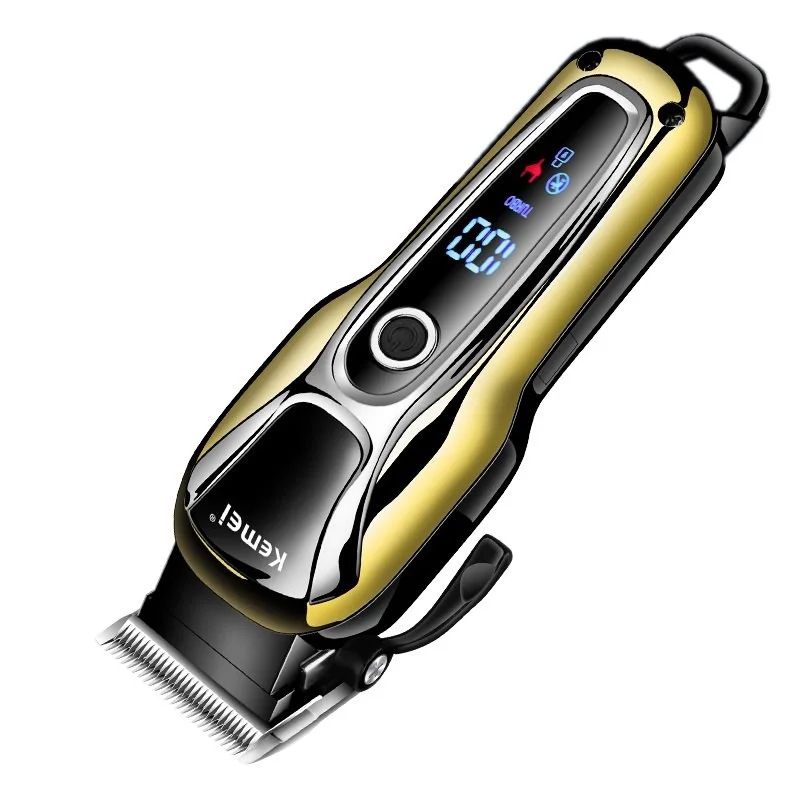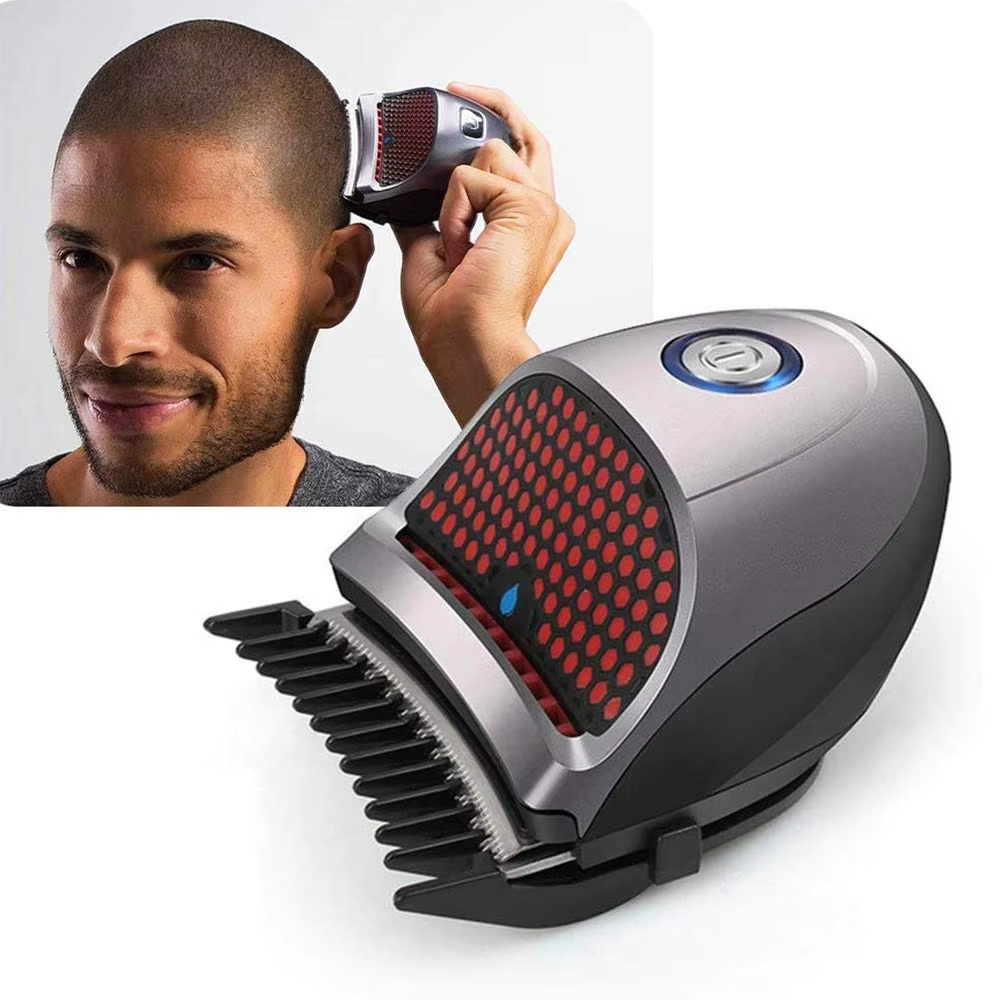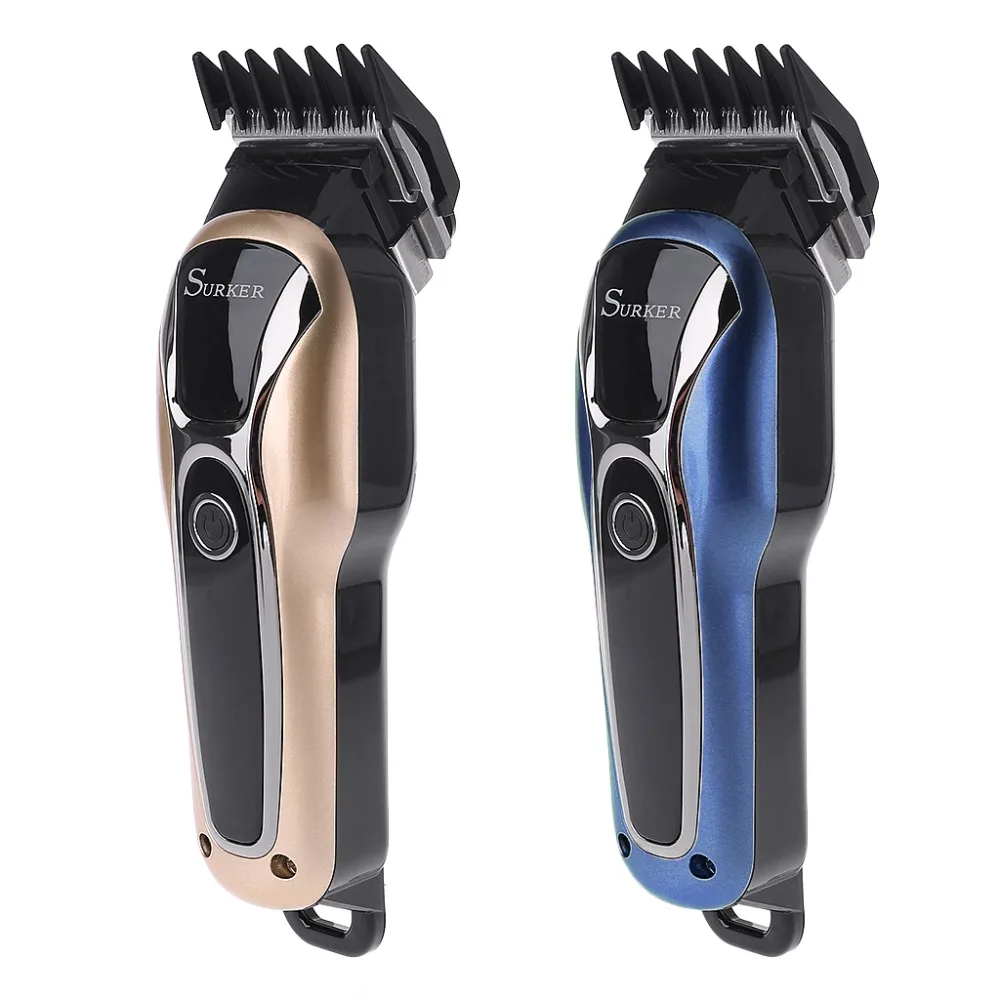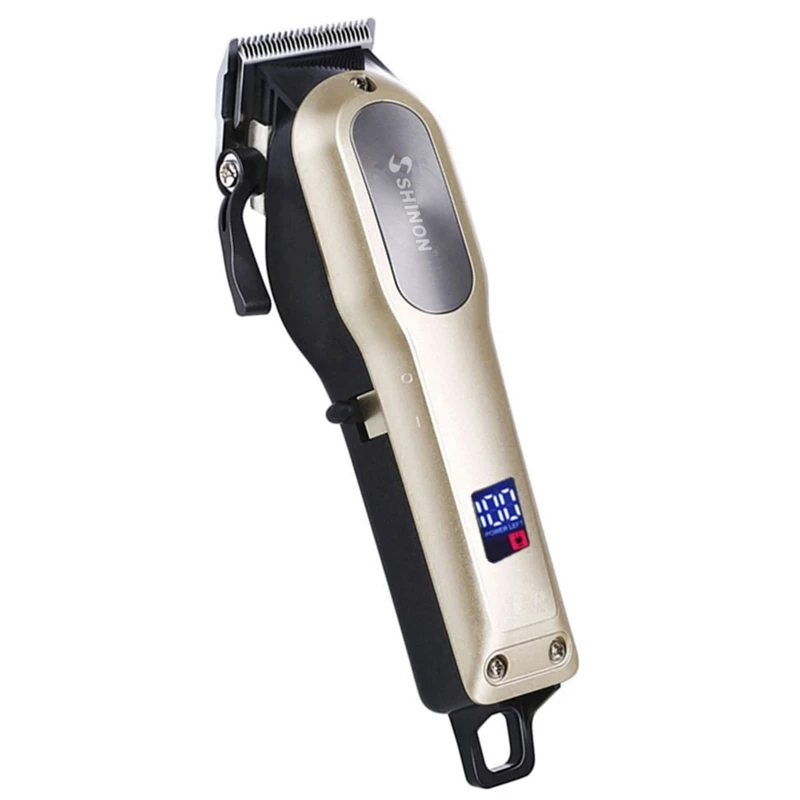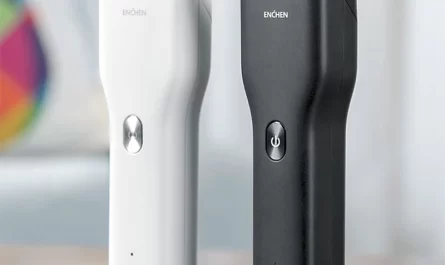When it comes to personal grooming, having the right tools is crucial. An electric hair cutter, or hair clipper, is a must-have for anyone looking to maintain their hairstyle without frequent trips to the barber. With a plethora of options available in the market, selecting the perfect electric hair cutter can be overwhelming. This guide will help you navigate the maze of choices, ensuring you land an electric hair cutter that suits your needs and preferences.
Understanding Electric Hair Cutters
What is an Electric Hair Cutter?
An electric hair cutter is a device that utilizes electric power to drive a cutting mechanism, usually equipped with sharp blades. They are designed to efficiently trim, fade, or completely shave hair, making them versatile tools for anyone who wants to maintain their hair. Unlike traditional scissors, electric hair cutters can offer a more uniform and quicker cutting experience.
Types of Electric Hair Cutters
Electric hair cutters can be categorized into several types based on their design and functionality:
- Corded Hair Cutters: These are powered by electricity through an outlet. They tend to be more powerful and are generally preferred by professional barbers due to their consistent performance.
- Cordless Hair Cutters: These are battery-operated and a great choice for home use. They offer mobility and ease of use, making them convenient for those who want to cut their hair on the go.
- Combination Models: Some hair cutters offer the best of both worlds, providing the option for both corded and cordless use.
Choosing the right type of electric hair cutter greatly depends on your personal grooming needs and lifestyle.
Key Features to Consider
Blade Quality
The quality of blades is perhaps the most crucial factor in your electric hair cutter’s performance. Blades can be made from various materials, including stainless steel, ceramic, and carbon steel.
- Stainless Steel Blades: These are common due to their rust resistance and longevity. They also provide a good balance between performance and maintenance.
- Ceramic Blades: They are preferred for their sharper edges and heat resistance but tend to be more fragile.
- Carbon Steel Blades: These blades can stay sharp for a longer time but may require more maintenance since they can rust over time.
Motor Power
The motor’s power is another essential consideration. Motors can vary in performance, measured in watts. Higher wattage generally means better cutting speed and efficiency. For thick or coarse hair, aim for a higher-powered motor.
Adjustable Cutting Lengths
Precision in hair cutting is vital, and adjustable cutting lengths can make a significant impact. Many electric hair cutters come with various guard sizes, allowing you to choose the length you prefer. Some models even have adjustable settings that allow you to fine-tune the length without needing multiple guards.
Ergonomics and Design
Comfort is key, especially if you’re using the device for an extended period. An ergonomic design will make it easier to grip and maneuver the cutter. Look for features like a lightweight build and rubberized handles for added comfort.
Battery Life and Charging
If you’re opting for a cordless electric hair cutter, battery life is a critical factor. Consider how long the battery lasts on a single charge and how quickly you can recharge it. Some advanced models offer fast-charging options, which can be a real lifesaver if you’re in a hurry.
Cord Length for Corded Models
If you choose a corded model, consider the length of the cord. A longer cord gives you more flexibility to move around while cutting your hair.
Maintenance and Cleaning
Ease of Cleaning
Maintenance is vital to ensure the longevity of your electric hair cutter. Many models come with detachable blades that can be easily removed for cleaning. Regular cleaning helps maintain performance and hygiene.
Lubrication
Blades need regular lubrication to prevent rust and reduce friction. Look for models that come with lubrication oil or easily accessible lubrication points to keep your blades sharp and performing well.
Budget and Price Range
Entry-Level Options
For first-time users or those on a budget, entry-level electric hair cutters can be a great starting point. They offer essential features without breaking the bank.
Mid-Range Choices
Mid-range models usually offer additional features such as adjustable settings, high-quality blades, and ergonomic designs, all while remaining affordable for most consumers.
High-End Models
If you’re serious about hair grooming and are willing to invest, high-end electric hair cutters come with advanced features like professional-grade motors, longer battery life, and superior build quality.
Popular Brands and Models
Wahl
Wahl is a well-known brand in the hair cutting industry, offering a range of electric hair cutters that are both durable and efficient. Their products often come with various attachments and length settings for versatile use.
Andis
Andis has a reputation for creating professional-grade clippers that are powerful and reliable. Their ergonomic designs and rich feature sets make them a favorite among barbers.
Philips
Philips offers a variety of electric hair cutters suitable for home use. Their products often include additional features such as skin-friendly blades and easy-clean systems.
Oster
Oster is known for its robust clippers that are suitable for both home and professional use. Many models come with powerful motors, making them ideal for thick hair.
User Reviews and Ratings
When selecting an electric hair cutter, user reviews can be invaluable resources. Real-world feedback can provide insight into the product’s performance, reliability, and any potential issues. Websites such as Amazon, professional barber forums, or grooming websites often have extensive reviews from users who share their experiences.
What to Look For in Reviews
- Durability: Many users will discuss how well the product holds up over time.
- Performance: Look for comments on the ease of cutting various hair types.
- Comfort: Users often mention if the electric hair cutter is comfortable to hold and easy to maneuver.
- Customer Support: Feedback on the manufacturer’s customer service can also play a crucial role in your decision.
Beginner Tips for Using an Electric Hair Cutter
Start with Dry Hair
Before using an electric hair cutter, ensure your hair is clean, dry, and untangled. This approach prevents snagging and ensures a smoother cutting experience.
Use the Right Guard Size
Always begin with a larger guard size to test how much hair you’re comfortable removing. It’s easier to go shorter than to fix a cut that’s too short!
Work in Layers
Divide your hair into sections or layers when you begin cutting. This method allows for a more even cut and makes it easier to see areas that may need adjustment.
Always Cut Against the Grain
For a more uniform cut, always cut against the direction of hair growth. This action will ensure that you capture all hairs without leaving patches.
Troubleshooting Common Issues
Blades Snagging
If you find blades snagging or pulling hair, it’s often due to dull edges or tangled hair. Regular cleaning and lubrication can help prevent this issue.
Battery Issues
If your cordless cutter isn’t holding a charge, it may be time to replace the battery. Look for models with easily replaceable batteries for convenience.
Cuts Not Even
If your cuts are uneven, you may be using the wrong guard size or cutting direction. Always ensure you’re using the right settings and techniques.
Tips to Reduce Repair Costs
Regular Cleaning
Regularly cleaning the electric hair cutter can prevent many issues. Removing hair and debris after each use can extend the life of the blades and motor.
Proper Storage
Storing the hair cutter in a dry, cool place can prevent rust and wear and tear. Investing in a storage case or pouch is a simple way to protect the device.
Scheduled Maintenance
Keeping to a regular maintenance schedule, like blade sharpening and battery checks, can preempt more costly repairs. Setting reminders can help ensure these tasks aren’t overlooked.
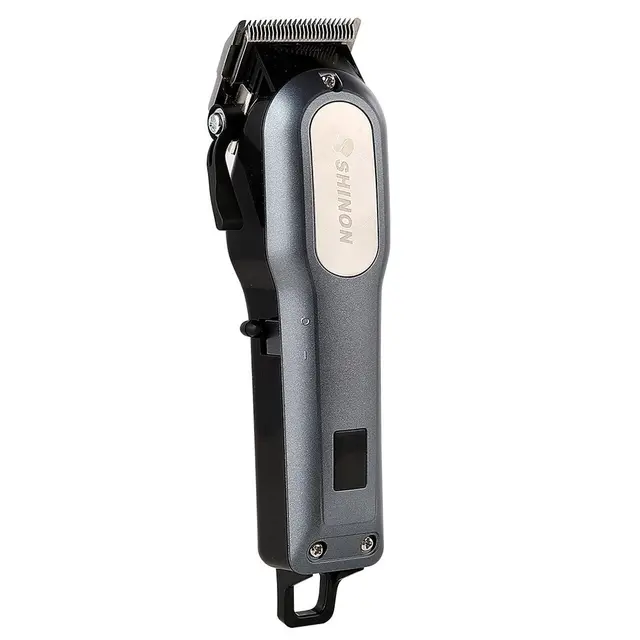 Considering Warranty Options
Considering Warranty Options
Manufacturer Warranty
Check if your electric hair cutter is still under warranty. Many manufacturers offer a one or two-year warranty, which can cover repairs or part replacements.
Extended Warranties
Some brands offer extended warranties for an additional cost at the time of purchase. Evaluating the benefits of this option against potential repair costs is worth considering.
Conclusion
In summary, selecting the right electric hair cutter is not just about the price or brand. It’s about understanding your specific needs, knowing the differences between models, and considering crucial features like blade quality and motor power. With the right information and tips in hand, you can confidently choose an electric hair cutter that will help you maintain your hairstyle with ease. Investing in a quality electric hair cutter can change your grooming game and save you both time and money in the long run. So take your time, do your research, and choose wisely!

